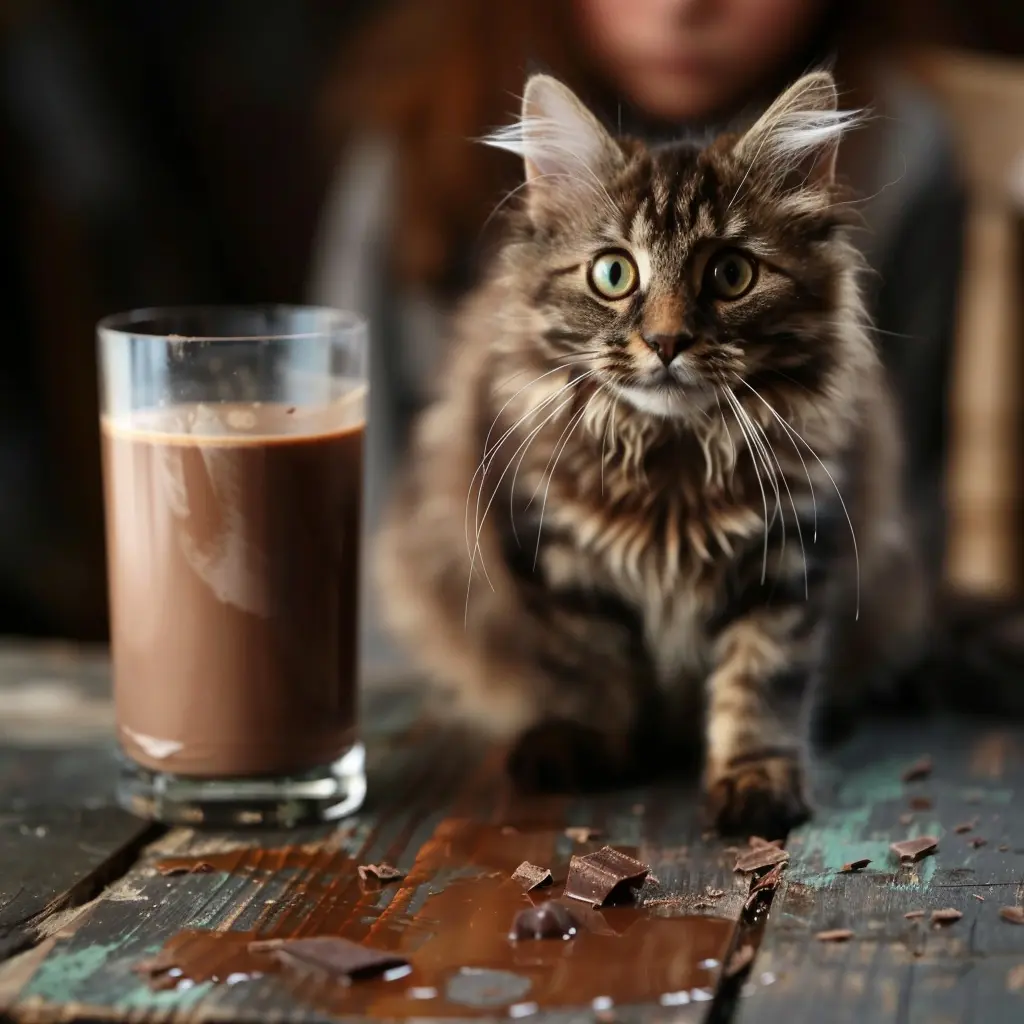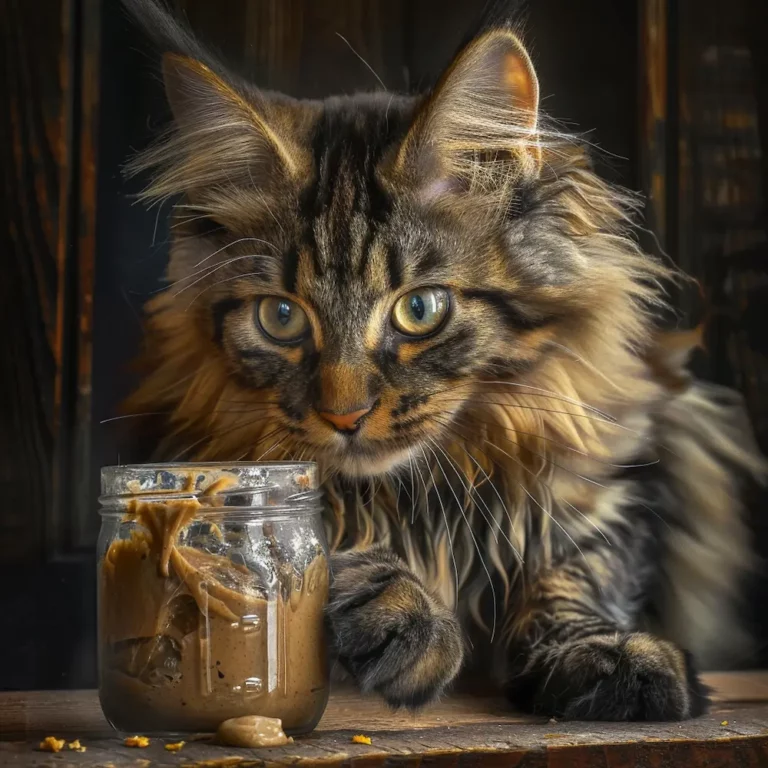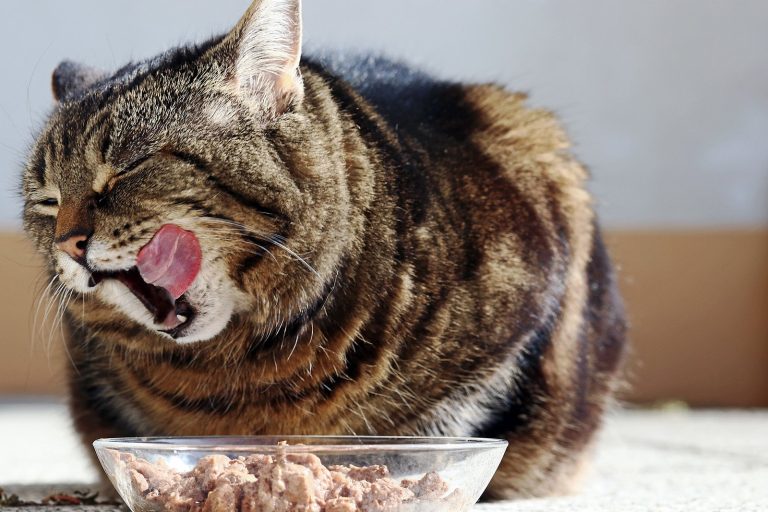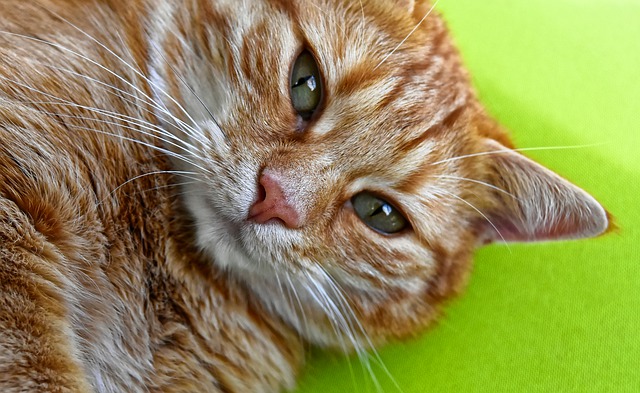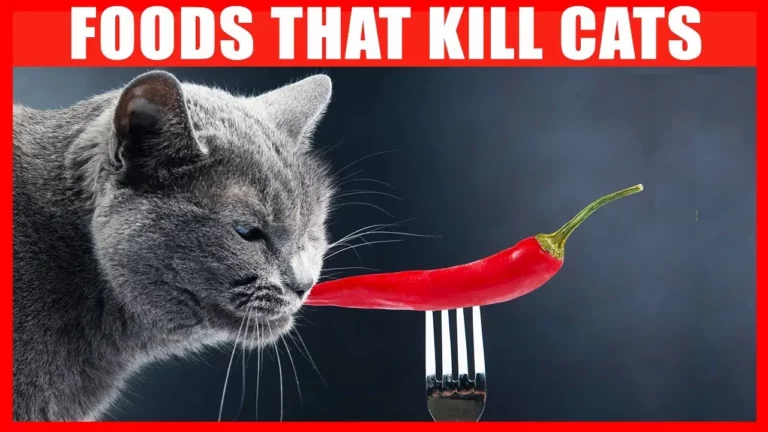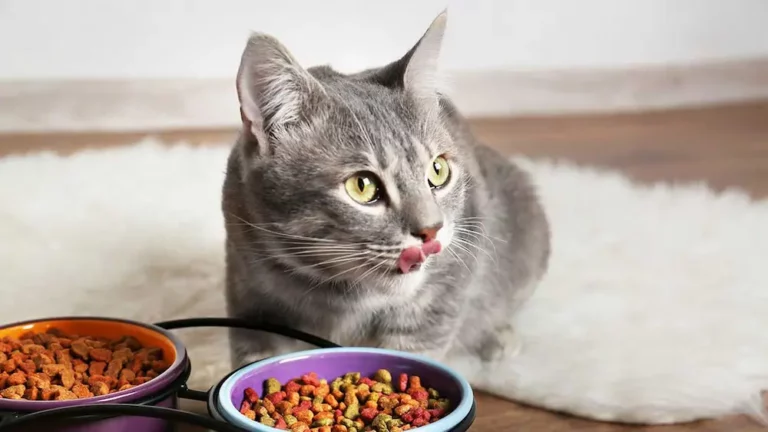Chocolate Milk And Cats: A Dangerous Combination
You might be wondering if it’s okay to share some chocolate milk with your
While cats may be curious creatures, their digestive systems are not equipped to handle the components found in chocolate milk.
The consequences of allowing your
Hazards of Chocolate Milk for Cats
Feeding your
Cats lack the necessary enzymes to properly digest the components in chocolate, namely theobromine and caffeine.
These substances can lead to symptoms ranging from vomiting and diarrhea to more severe issues like tremors, seizures, and even death in extreme cases.
It’s crucial to be vigilant and ensure that your
Keeping all chocolate-containing items securely stored and out of reach is a simple yet effective way to safeguard your
Toxicity Risks in Chocolate Milk
Consuming chocolate milk can expose your
Chocolate contains substances like theobromine and caffeine, which are toxic to cats.
These can lead to symptoms such as vomiting, diarrhea, rapid breathing, increased heart rate, seizures, and even death in severe cases.
The toxicity level depends on the amount of chocolate ingested and the type of chocolate, with dark chocolate being more dangerous than milk chocolate, for example.
It’s crucial to keep chocolate milk and any chocolate-containing products out of your
If you suspect your
The Impact on Feline Health
The presence of chocolate in your
Chocolate contains substances like theobromine and caffeine, which are toxic to cats.
When ingested, these compounds can lead to various health issues such as vomiting, diarrhea, rapid breathing, increased heart rate, muscle tremors, and even seizures.
Additionally, chocolate is high in fat and sugar, which can contribute to obesity and diabetes in cats.
Continuous consumption of chocolate milk can disrupt your
To maintain your feline companion’s health, it’s crucial to avoid giving them chocolate milk or any other chocolate-containing products.
Opt for safe and appropriate treats specifically designed for cats.
Alternatives to Chocolate Milk
Consider offering your feline companion safe alternatives to chocolate milk, such as plain water or specially formulated
Cats are obligate carnivores and have low thirst drives, so it’s essential to provide them with adequate hydration.
Water is the best option to keep your
If your
Avoid giving your
Providing fresh water in a clean bowl daily is crucial for your
Remember, when it comes to quenching your
Safe Treats for Cats
For a tasty and safe indulgence for your feline friend, explore suitable treats that cater to their dietary needs and preferences.
Opt for
These protein-rich options can be a delicious reward for your
Additionally, you can try offering your
Remember to avoid feeding cats human foods that are toxic to them, like chocolate, onions, and grapes.
Always monitor your
Frequently Asked Questions
Can Cats Drink Regular Milk?
Yes, cats can drink regular milk, but it’s not recommended. Most adult cats are lactose intolerant and may experience digestive issues.
It’s best to provide fresh water for your feline friend to stay hydrated.
How Much Chocolate Is Toxic to Cats?
When it comes to cats, any amount of chocolate can be toxic due to the presence of theobromine.
Even a small quantity can lead to symptoms like vomiting, diarrhea, rapid breathing, and potentially fatal outcomes.
Is Dark Chocolate More Harmful Than Milk Chocolate?
Dark chocolate is more harmful to cats than milk chocolate. Theobromine content is higher in dark chocolate, making it more toxic.
Keep all chocolates away from your feline friend to prevent any potential harm.
What Are the Symptoms of Chocolate Poisoning in Cats?
To identify symptoms of chocolate poisoning in cats, observe for the following signs:
- Vomiting
- Diarrhea
- Restlessness
- Increased heart rate
- Tremors
If these signs appear, seek immediate veterinary care to ensure your furry friend’s well-being.
Are There Any Safe Human Foods for Cats?
Sure, there are safe human foods for cats.
Options include:
- Cooked meats like chicken or turkey
- Plain cooked vegetables
- Fruits like blueberries or watermelon
Always check for safety and consult with a vet.
Conclusion
Remember, chocolate milk isn’t a safe treat for your feline friend.
Avoid giving your
